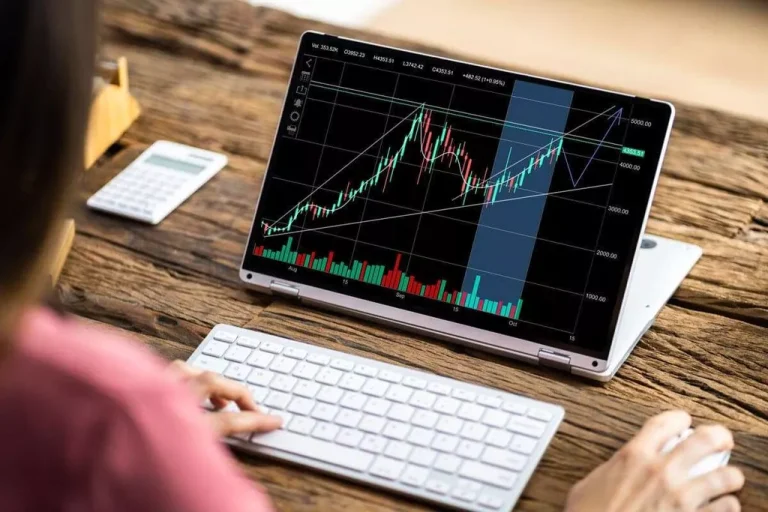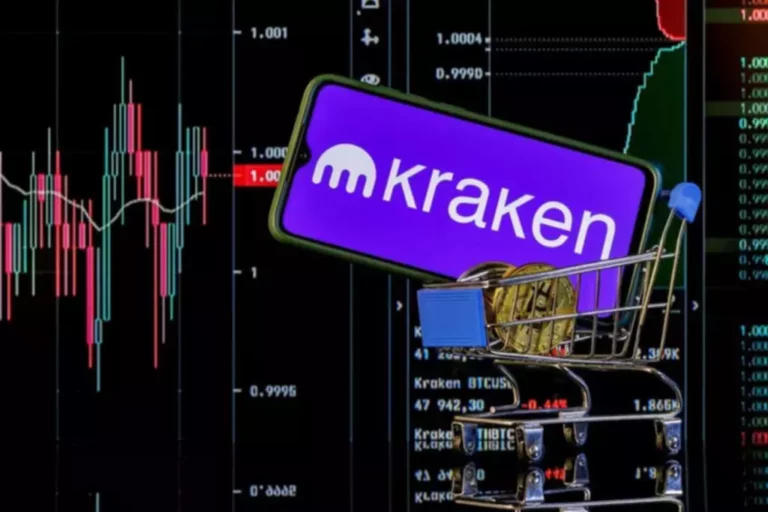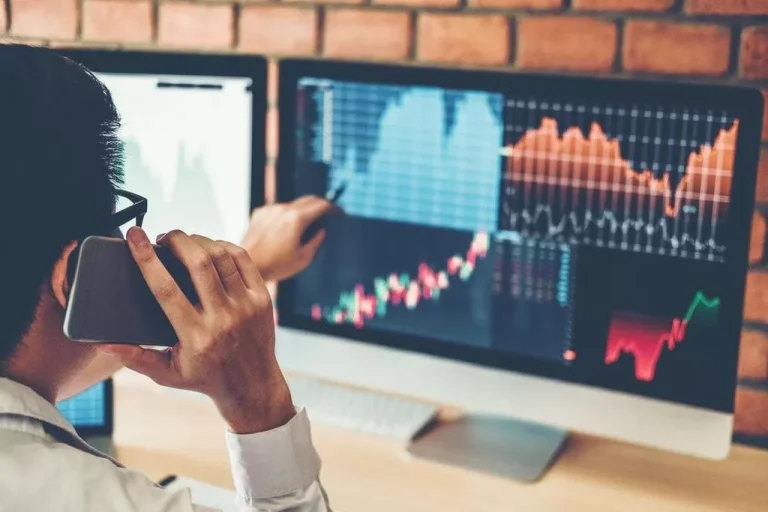What is Social Trading and How Does it Work?
Content
- Is social trading suitable for traders like me?
- Which trading platform is best in Australia?
- Do I need prior trading experience to engage in copy trading?
- Pros and Cons of Social Trading
- Starting Small And Gradual Investment
- What you need to know about social trading.
- Pros and Cons of Social Trading and Copy Trading
- Types Of Crypto Social Trading Platforms
With a Copy Trading service, the investor does not give his funds in the what is social trading hands of the fund manager, i.e. the other trader (as happens with the common investment methods). We also offer in-platform analyst ratings, alerts, and technical chart indicators. These enable you to receive notifications about how a market is behaving. Our technical indicators will help you to analyze historical price action and make predictions about what might happen to an asset’s price in the future. Social trading tools are now available not only on desktop, but also on iPhone, Android and iPad mobile devices. Our social trading mobile app provides mobile-optimised charts, indicators and dashboards, along with in-app support and social trading forums.
Is social trading suitable for traders like me?
With this approach, investors can replicate the trading https://www.xcritical.com/ activities of well-established individuals and businesses within the industry. Naturally, copy trading is an online activity that requires setting up a trading account and selecting the following trading pathways. However, social trading has distinct shortcomings that must be considered. Firstly, the advice and suggestions provided within these communities might be slightly incorrect or misleading.
Which trading platform is best in Australia?
This means that you can receive tips and notifications on-the-go, wherever you may be trading from. Create a live account to access this exclusive feature of our platform. It can be used as a forex trading forum, stock trading forum, or for any other financial market that you are interested in trading. All three techniques feature varying market risks and error possibilities. Aspiring investors must decide the perfect mix of freedom, security, and risks when deciding their optimal trading technique.
Do I need prior trading experience to engage in copy trading?
In other words, the combined knowledge of multiple veteran traders can generate higher profits than individual decision-makers. Beginners benefit from the knowledge, valuable insights, metrics and market perspectives. It also offers the option to automatically copy all trades or specific ones that resonate with their strategies.
Pros and Cons of Social Trading
While the strategies of others can guide your trades, it’s important to remember that each investor’s approach is tailored to their individual risk profile and financial capacity. Blindly imitating others’ strategies without considering these factors can be unwise. While it democratizes access to financial markets, it can also oversimplify complex market dynamics. One critical misconception among social traders is overlooking the inherent risks of trading; even seasoned traders face financial setbacks. Social trading platforms often provide a chart forum and social news feed.
Starting Small And Gradual Investment
Sharing ideas about which stocks or other assets to trade, discussing market trends and conditions, and following the trade practices of other traders are all part of the social trading practice. Furthermore, it can foster community and collaboration among traders, benefiting new and experienced traders. Finally, this sense of community and collaboration can benefit traders looking to improve their trading performance and make more profitable trades. Before you dive into social trading, it’s essential to be aware of certain key factors. First, understand that while social trading can be a great way to learn, it also involves risks.
What you need to know about social trading.
Once you’re familiar with the concepts, you can use the social trading platform to select and copy the trades of other users, traders, or strategies. You can choose to copy the trades automatically or manually and adjust the amount, frequency, and duration. A vibrant investor community that facilitates consistent two-way communication and the sharing of ideas is yet another perk of participating in social trading. Traders can get market data regardless of location if they use social trading as an online platform.
Pros and Cons of Social Trading and Copy Trading
This will inform your view, and accordingly, you could choose to follow traders who are bullish, and avoid traders who are going bearish. While social trading can reduce the amount of personal research you need to conduct, that is no reason to become reckless and blindly follow others. Relying too heavily on social trading signals only can lead to dangerous overconfidence, especially if the trader you’re copying hasn’t done thorough research themselves. However, by combining these signals with your own analysis, you retain control over your trades and can tailor strategies to fit your specific goals and risk tolerance. Copy Trading is a strategy where traders in the crypto market replicate the trades of successful crypto investors, hoping to mirror their success.
Copy trading can be useful for traders who don’t have the time to follow the markets themselves. Generally, copy trading is focused on short-term trading, in particular, day trading and swing trading strategies, but there are several different strategies that are used to generate revenue. Social trading focuses more on gaining ideas and insights from different websites and services in order to develop new strategies, share tips and invest in tools. Copy trading is more focused on replicating trades and attempting to profit from the results only.
In addition, customers can engage with seasoned traders on several social media in different parts of the globe. Traders thus have an opportunity to engage in direct conversation with experienced traders rather than merely replicating their trading tactics. Progressive platforms often have a built-in chat room where users may see questions being asked and their answers being provided in real-time. Therefore, by following the trades of experienced investors, novice traders in-turn learn how to identify potentially profitable opportunities and make more informed investment decisions.
Initially, traders were interested in specific algorithms that were developed and developers shared their trading history. Traders would find algorithms with strong returns and then copy their results, asking for permission first to access their strategies. Copy trading was born out of mirror trading, but in this case, a trader doesn’t receive the layout of the copy trader’s strategy.
- By emulating some of the techniques learnt in a social trading environment, traders can often improve their trading strategies, risk management techniques and trading psychology.
- However, the greatest risk a trader will face when copy trading is market risk.
- The risks of loss from investing in CFDs can be substantial and the value of your investments may fluctuate.
- Social trading can be profitable, but like any form of investing, it comes with risks and no guaranteed return.
- In 2010, eToro became among the first platforms that launched a “social trading” option in its software.
When selecting a brokerage, it’s wise to examine their commission rates and fee structure closely. Discover the range of markets and learn how they work – with IG Academy’s online course. These are various trading methods that differ in a range of key aspects. The good thing is that almost every proper Forex broker nowadays offers such a solution.
In the past, investors would focus either on fundamental analysis or technical analysis. With social trading, however, traders can share information about the current market environment and offer insight into future market movements, thus driving trading decisions. Social trading is a broad category of trading and can include elements of copy trading and mirror trading. Traders can share information about individual trades that can be copied by other traders, or specific trading strategies that can be mirrored by other investors.



















